KIT team develops minimally invasive technology to mine lithium in geothermal plants
Green Car Congress
JULY 13, 2020
Scientists at KIT have developed and patented a process for minimally invasive technology to mine lithium in geothermal plants. Using the minimally invasive method developed by KIT, thousands of tons of lithium could be extracted from the German and French Upper Rhine trench every year. Jens Grimmer.



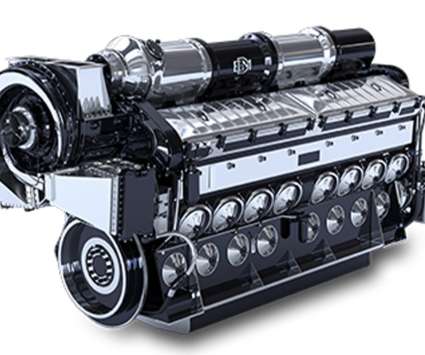






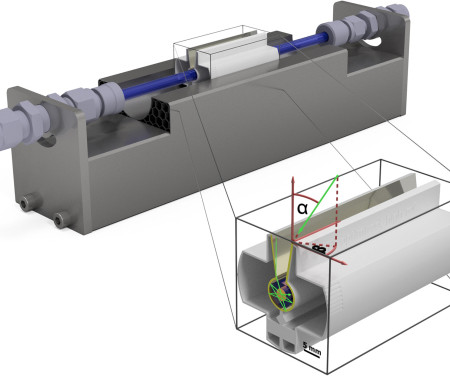
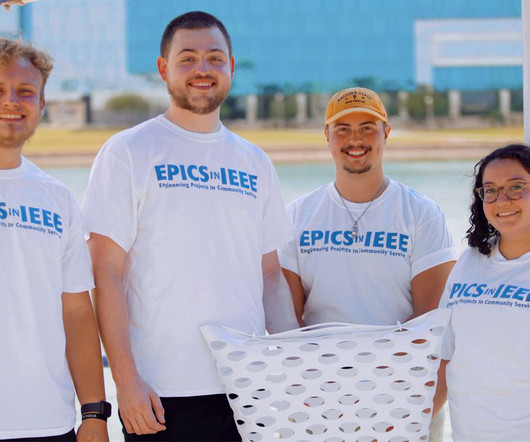





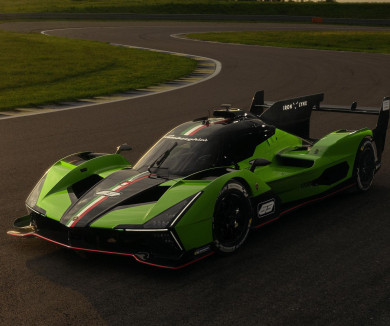






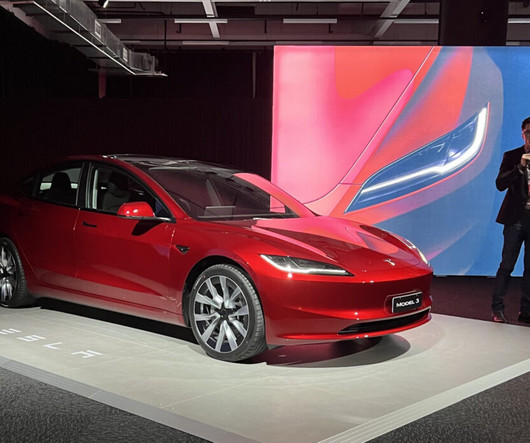









Let's personalize your content